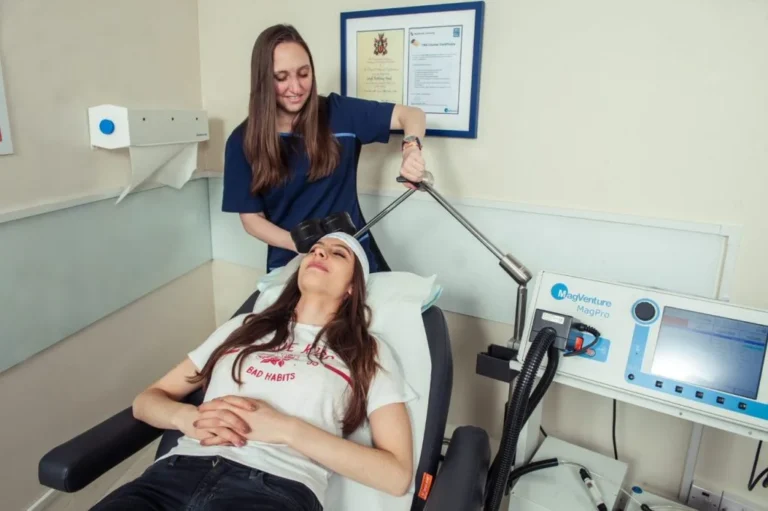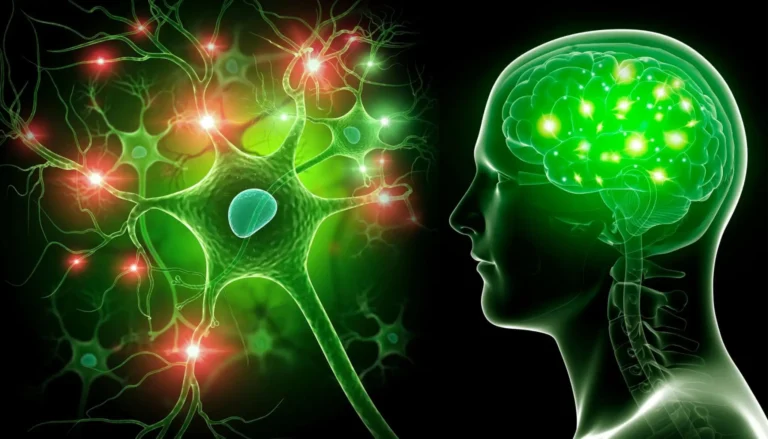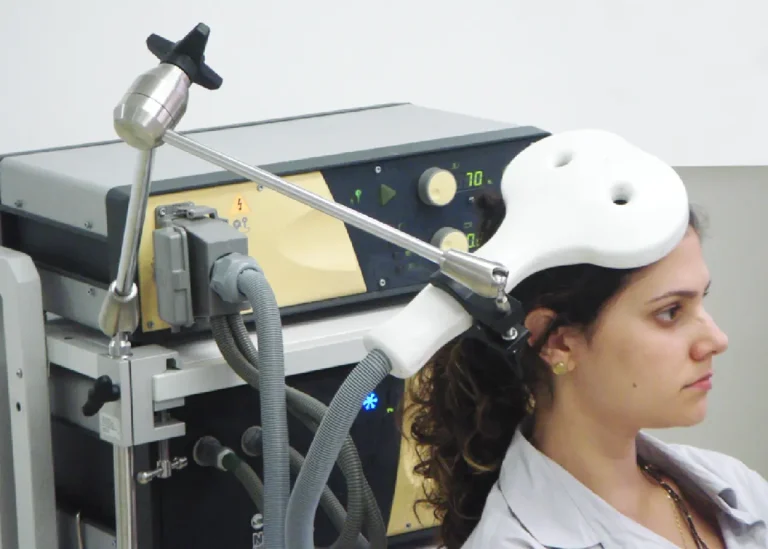Logic puzzles are not just for kids; they can be a fun and engaging way for adults to challenge their minds and enhance their problem-solving skills.
In this article, I will share a collection of challenging logic puzzles that will test your critical thinking and reasoning abilities.
Whether you’re looking to improve your cognitive skills, entertain friends, or simply enjoy a mental workout, these puzzles will provide you with the perfect opportunity to do so.
Why Logic Puzzles Matter
Engaging with logic puzzles offers numerous benefits.
Here are a few reasons why you should incorporate them into your routine:
- Enhances Problem-Solving Skills: Logic puzzles require you to think critically and develop strategies for finding solutions.
- Boosts Cognitive Function: Regularly challenging your brain can improve memory, attention, and overall cognitive performance.
- Encourages Lateral Thinking: Many puzzles require you to think outside the box and approach problems from different angles.
- Provides Entertainment: Solving puzzles can be a fun and rewarding way to spend your time, whether alone or with friends.
Types of Logic Puzzles
Logic puzzles come in various forms, each with its unique challenges.
Here are some common types of logic puzzles you might encounter:
1. Deductive Reasoning Puzzles
These puzzles require you to use given clues to draw conclusions.
You often need to eliminate possibilities based on the information provided.
Example: “All cats are mammals. Some mammals are not dogs. Therefore, some cats are not dogs.”
2. Riddles
Riddles are a form of wordplay that often involves clever phrasing and double meanings.
They can be tricky and require lateral thinking to solve.
Example: “What has keys but can’t open locks? (Answer: A piano.)”
3. Mathematical Logic Puzzles
These puzzles involve numbers and require mathematical reasoning to find a solution.
They can range from simple arithmetic to complex equations.
Example: “If five cats can catch five mice in five minutes, how long will it take one cat to catch one mouse? (Answer: Five minutes.)”
4. Visual Puzzles
Visual puzzles challenge your spatial reasoning skills.
They often involve manipulating shapes or patterns to find a solution.
Example: “How many triangles are in this figure?”
5. Lateral Thinking Puzzles
These puzzles require creative thinking and often involve scenarios that seem impossible at first.
They challenge you to think outside the box and come up with unconventional solutions.
Example: “A man is pushing his car along a road when he comes to a hotel. He shouts, ‘I’m bankrupt!’ Why?”
Strategies for Solving Logic Puzzles
When faced with a logic puzzle, having a strategy can make all the difference.
Here are some effective strategies to help you tackle these challenges:
- Read Carefully: Ensure you understand the puzzle’s instructions and requirements before attempting to solve it.
- Break It Down: Divide the puzzle into smaller parts and tackle each section individually.
- Visualize: If applicable, draw diagrams or sketches to help visualize the problem.
- Eliminate Possibilities: Use the process of elimination to narrow down potential solutions.
- Think Creatively: Don’t be afraid to approach the puzzle from different angles or perspectives.
- Take Breaks: If you’re feeling stuck, take a break and return to the puzzle with fresh eyes.
A Collection of Challenging Logic Puzzles
Here’s a selection of logic puzzles to test your skills:
Puzzle 1: The River Crossing
Scenario: A farmer needs to cross a river with a wolf, a goat, and a cabbage.
He can only take one item at a time in his boat.
If left alone together, the wolf will eat the goat, and the goat will eat the cabbage.
How does the farmer get all three across safely?
Solution:
- Take the goat across first.
- Return alone and take the wolf across.
- Leave the wolf on the other side but take the goat back with him.
- Leave the goat on the original side and take the cabbage across.
- Finally, return alone to get the goat.
Puzzle 2: The Three Boxes
Scenario: You have three boxes. One contains only apples, another contains only oranges, and the third contains both apples and oranges.
All the boxes are labeled incorrectly.
You can only open one box and take out one fruit.
How can you label all the boxes correctly?
Solution:
- Open the box labeled “Apples and Oranges.”
- Since all boxes are labeled incorrectly, this box must contain only one type of fruit.
- If you pull out an apple, this box is the “Apples” box.
- The box labeled “Oranges” must then contain both fruits, and the box labeled “Apples” must contain only oranges.
Puzzle 3: The Light Switches
Scenario: You are in a room with three light switches that control three light bulbs in another room.
You cannot see the bulbs from the switch room.
You can flip the switches as many times as you want, but you can only enter the bulb room once.
How do you determine which switch controls which bulb?
Solution:
- Turn on the first switch and leave it on for about 10 minutes.
- After 10 minutes, turn off the first switch and turn on the second switch.
- Immediately go to the bulb room.
- The bulb that is on is controlled by the second switch.
- The bulb that is off but warm is controlled by the first switch.
- The bulb that is off and cold is controlled by the third switch.
Puzzle 4: The Two Doors
Scenario: You find yourself in front of two doors.
One door leads to freedom, and the other leads to certain death.
You do not know which door is which, but there are two guards, one in front of each door.
One guard always tells the truth, and the other always lies.
You can ask one guard one question.
What do you ask to find the door to freedom?
Solution:
Ask either guard, “If I were to ask the other guard which door leads to freedom, what would he say?”
- If you ask the truth-telling guard, he will tell you the door that the lying guard would indicate (the wrong door).
- If you ask the lying guard, he will lie about what the truth-telling guard would say (also indicating the wrong door).
Thus, you should choose the opposite door from the one indicated.
Puzzle 5: The Missing Dollar
Scenario: Three friends check into a hotel room that costs $30.
They each contribute $10.
Later, the hotel manager realizes the room should only cost $25 and gives $5 to the bellboy to return to the friends.
The bellboy, however, keeps $2 for himself and gives $1 back to each friend.
Now, each friend has paid $9 (totaling $27), and the bellboy has $2, which makes $29.
Where is the missing dollar?
Solution:
There is no missing dollar.
The friends paid $27 total, which includes the $25 for the room and the $2 kept by the bellboy.
The confusion arises from incorrectly adding the bellboy’s $2 to the $27 instead of subtracting it from the total amount paid.
Conclusion
Logic puzzles are not only fun and engaging but also a powerful tool for improving critical thinking, problem-solving, and cognitive function.
By understanding the different types of logic puzzles, mastering effective strategies for solving them, and making them a regular part of your routine, you can unlock the full potential of these mind-bending challenges.
Whether you’re looking to excel in job interviews, keep your mind sharp as you age, or simply enjoy the satisfaction of solving a challenging puzzle, logic puzzles are a valuable resource that can benefit you in countless ways.
FAQs About Logic Puzzles
What are logic puzzles?
Logic puzzles are problems that require deductive reasoning and critical thinking to solve.
Why should adults engage in logic puzzles?
Logic puzzles help improve cognitive skills, enhance problem-solving abilities, and provide mental stimulation.
Can solving logic puzzles improve my job prospects?
Yes, many employers value critical thinking and problem-solving skills, which can be demonstrated through logic puzzles.
How can I find more challenging logic puzzles?
You can find logic puzzles in books, online resources, and puzzle apps that offer a variety of challenges.
Are there specific strategies for solving logic puzzles?
Common strategies include breaking down the problem, visualizing the solution, and eliminating possibilities.
How long should it take to solve a logic puzzle?
The time it takes to solve a logic puzzle varies depending on its complexity and your familiarity with similar puzzles.
Can logic puzzles be used in educational settings?
Yes, logic puzzles are often used in classrooms to promote critical thinking and engagement among students.
How do I know if a puzzle is too difficult for me?
If you find yourself frustrated or unable to make progress after a reasonable amount of time, it may be best to move on to a different puzzle.
Can I create my own logic puzzles?
Absolutely! Creating your own puzzles can be a fun way to challenge yourself and others while exercising your creativity.
What are some benefits of regularly solving logic puzzles?
Regularly solving logic puzzles can enhance memory, improve focus, and promote mental agility, making them a great addition to your routine.



